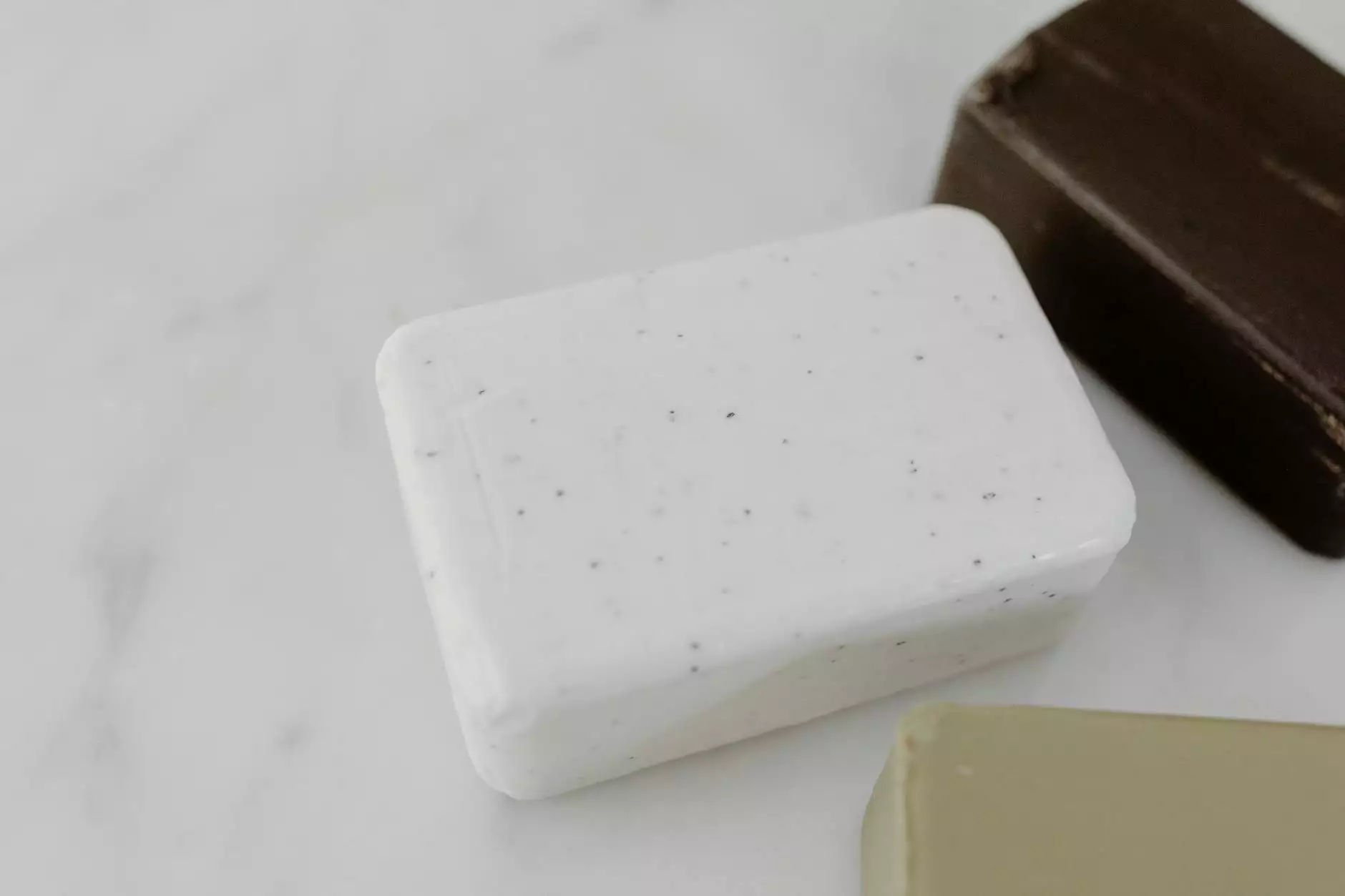Understanding Dental Dentures: A Comprehensive Guide

Dental dentures are removable replacements for missing teeth and surrounding tissues. They are crafted to replicate the appearance and functionality of natural teeth, providing both aesthetic benefits and restoring oral function. In this article, we will explore the various aspects of dental dentures, their types, benefits, maintenance, and how they can enhance your quality of life.
What Are Dental Dentures?
Dental dentures refer to dental prosthetics designed to replace missing teeth. They can be classified mainly into two categories: complete dentures and partial dentures. Each type serves a distinct purpose and is tailored to meet the specific needs of individual patients.
Types of Dental Dentures
- Complete Dentures: These are used when all teeth are missing in either the upper or lower jaw. They cover the entire arch of gums and provide support for facial structures.
- Partial Dentures: These are used when some natural teeth remain. They fill in the gaps left by the missing teeth and prevent remaining teeth from shifting.
- Implant-Supported Dentures: These dentures are anchored to dental implants, providing a more stable and durable option compared to conventional dentures.
Benefits of Dental Dentures
Choosing dental dentures comes with numerous advantages that significantly improve a patient's quality of life:
- Enhanced Aesthetics: Dental dentures are designed to resemble natural teeth, restoring the smile and enhancing facial contours.
- Improved Functionality: They allow individuals to eat and speak more comfortably, overcoming the challenges posed by missing teeth.
- Boosted Confidence: With dental dentures, individuals often report greater self-esteem and confidence in social interactions.
- Facial Support: Dentures help maintain the structure of the face, preventing sagging and the premature aging appearance that often accompanies tooth loss.
How Are Dental Dentures Made?
The process of obtaining dental dentures involves several key steps, ensuring a proper fit and comfort for the patient:
Step 1: Consultation and Evaluation
Your journey begins with an initial consultation with a dentist. During this appointment, the dentist will evaluate your oral health, discuss your needs, and design a treatment plan.
Step 2: Impressions
The next step involves taking impressions of your mouth. These precise measurements allow the dentist to create customized dentures that fit your mouth perfectly.
Step 3: Fitting the Dentures
After the dentures are fabricated, a fitting appointment is necessary. The dentist will ensure that the dentures fit comfortably and make any adjustments if required.
Step 4: Final Adjustments
Once the patient has a chance to wear the dentures, final adjustments can be made. This process ensures optimal comfort and functionality.
Maintenance and Care of Dental Dentures
Proper care and maintenance of dental dentures are crucial for their longevity and hygiene:
Daily Cleaning
It is essential to clean your dentures every day. This includes:
- Rinsing: After meals, rinse your dentures under lukewarm water to remove food particles.
- Brushing: Use a soft-bristled brush designed for dentures to clean them daily. Avoid using regular toothpaste, as it can be abrasive.
- Soaking: Soak dentures overnight in a denture cleaning solution to help remove stains and kill bacteria.
Handling Dentures
When handling your dentures, take care to:
- Prevent Breakage: Always handle them over a soft surface or sink filled with water to prevent damage if they slip.
- Store Properly: When not in use, soak your dentures in water or a denture solution to keep them moist and maintain their shape.
Common Myths About Dental Dentures
There are several common misconceptions regarding dental dentures that can deter individuals from seeking this effective solution:
- Myth 1: Dentures look fake. Truth: Modern dentures can be very natural-looking, customized to match your teeth and facial features.
- Myth 2: They are uncomfortable. Truth: While there may be an adjustment period, properly fitted dentures should not cause significant discomfort.
- Myth 3: Dentures are only for older adults. Truth: People of all ages may require dentures due to various reasons, including accidents or dental disease.
Conclusion
Dental dentures can be a life-changing option for those dealing with tooth loss. They offer numerous benefits, including improved aesthetics, functionality, and overall quality of life. By understanding what dentures are, their types, benefits, and care, individuals can make informed decisions about their oral health. If you are considering dental dentures, we encourage you to consult with a qualified dentist to discuss your options and take the first step towards restoring your smile.
For those in need of comprehensive dental services, including general dentistry, orthodontics, and expert care in fitting dentures, visit teethattiongbahru.com. Our dedicated team is here to assist you in achieving a healthy, beautiful smile.









